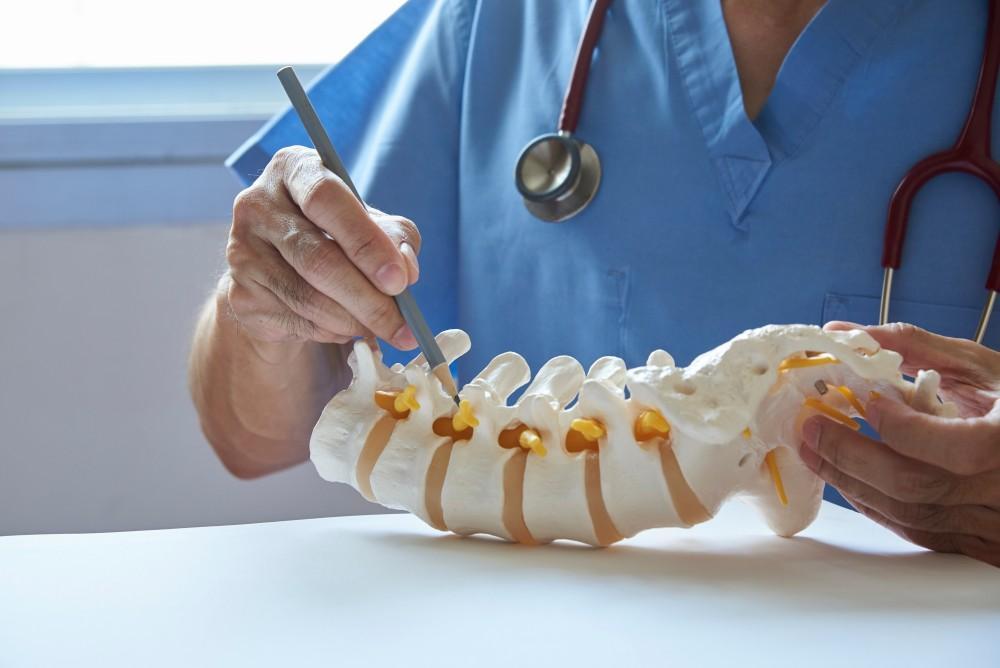
5 Factors that Could Be Contributing to Your Sciatica

Your sciatic nerve extends from your lower back through your buttocks and to each of your legs and feet, and is the longest nerve in your body. If it should become pinched, compressed, or irritated, you can experience pain, numbness, and tingling anywhere along its length, with the pain ranging from mild to crippingly severe. The pain and other symptoms are collectively called sciatica.
At Vertrae®, with locations in Dayton and Springfield, Ohio, board-certified neurosurgeon Dr. Kamal R. Woods and his team know how painful and bothersome sciatica can be, which is why they offer patient-centered care using the latest technology to give you relief. Here’s what they want you to know about the factors that can contribute to your sciatica, as well as what you can do about them.
5 factors that could be contributing to your sciatica
Sciatica is a condition that makes up about 10% of lower back pain complaints, and it usually occurs when something pinches or irritates the sciatic nerve as it exits the spinal canal in the lumbar spine. The pain you experience may or may not be severe enough to seek treatment, but you can better address the problem and manage the pain if you know the primary cause. Here are five contributing factors.
1. Aging
Your entire body deteriorates as you get older, and that includes your spine. Two of the most common causes of sciatica are more prevalent as you get older: herniated discs, where the cushions between the vertebrae dry out and break, and the interior gel compresses the nerve; and bone spurs, growths on the vertebrae themselves that can impinge on the sciatic nerve. Dr. Woods offers a minimally invasive procedure to treat herniated discs called a microdiscectomy. In it, he either removes a portion of your herniated disc or the entire thing.
2. Being overweight or obese
Excess weight taxes your entire body, including your spine. A 2014 study showed that for both men and women, there’s an association between being overweight or obese and developing sciatica. Regular exercise and a healthy diet can help you lose weight and reduce your pain, to say nothing of improving your cardiovascular and overall health.
3. Sitting for extended periods
If you sit for extended periods of time, either at home or at work, you have a greater chance for developing sciatica than people who remain active. And that’s especially true if you don’t maintain good posture while sitting. Make sure to take breaks, preferably to go out and walk, jog, or perform other exercise, but at least to move around the house for five minutes out of every hour.
4. Lifting, bending, and twisting
If your work requires you to lift heavy objects or to routinely bend and twist, you run a greater risk for developing sciatica, as you’re taxing your spine. Reduce back strain by using appropriate support, and don’t bend over to pick up and put down heavy objects — lift from your legs, not from your back.
5. Diabetes
Diabetes often causes peripheral neuropathy, a loss of feeling in the nerves in your extremities, as well as a burning or tingling sensation in the legs — a mirror of sciatica symptoms. If you’re unsure whether your pain is caused by diabetes or sciatica, come in to see Dr. Woods for a consultation.
Treating sciatica
Dr. Woods always opts for conservative treatments for sciatica first. They may include:
- Oral medications
- Steroid injections
- Physical therapy
Conservative treatments are designed to relieve your pain and improve the physical issues associated with your condition. Medications and injections can diminish your pain, while physical therapy works to strengthen your back muscles and improve your flexibility.
If you’re struggling with sciatica, it’s time to come into Vertrae® for a consultation. Give us a call at either of our locations, or book an appointment online with us today.
You Might Also Enjoy...


4 Benefits of Outpatient Spine Surgery

Am I a Candidate for Kyphoplasty?

Pulled Muscle vs. Pinched Nerve: What's the Difference?

4 Subtle Signs of Sciatica

